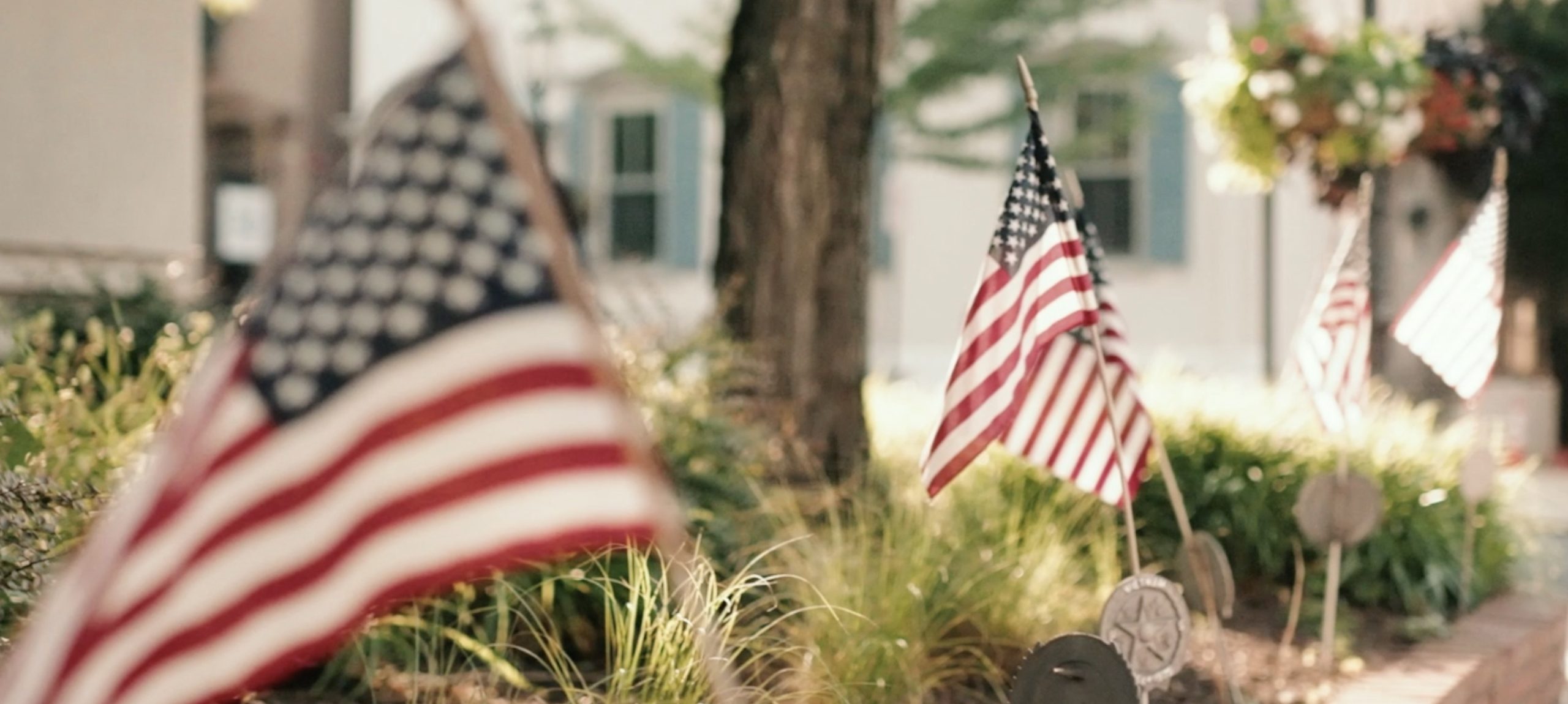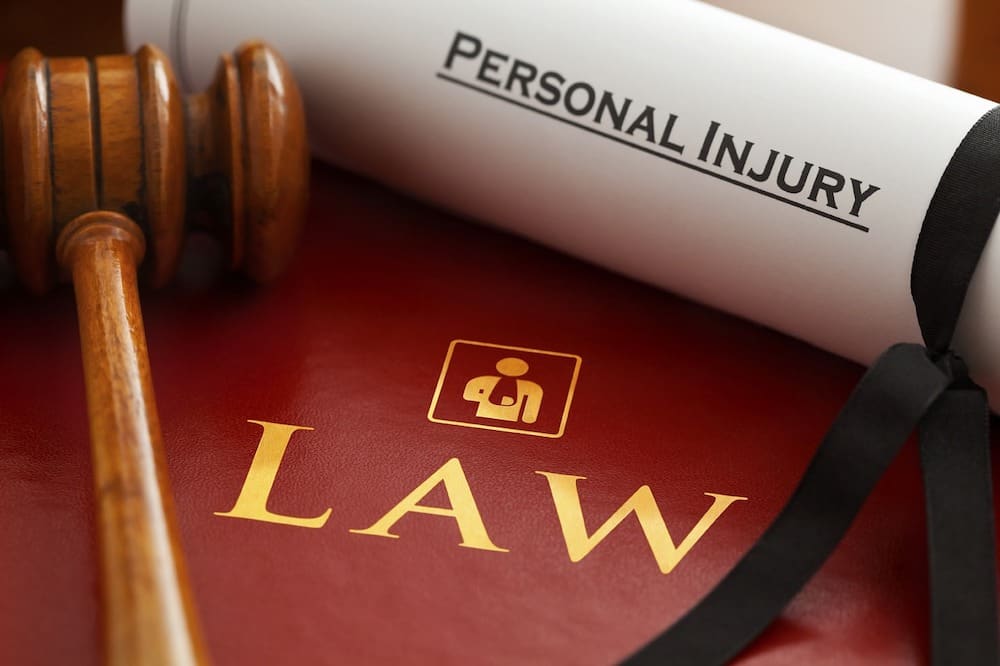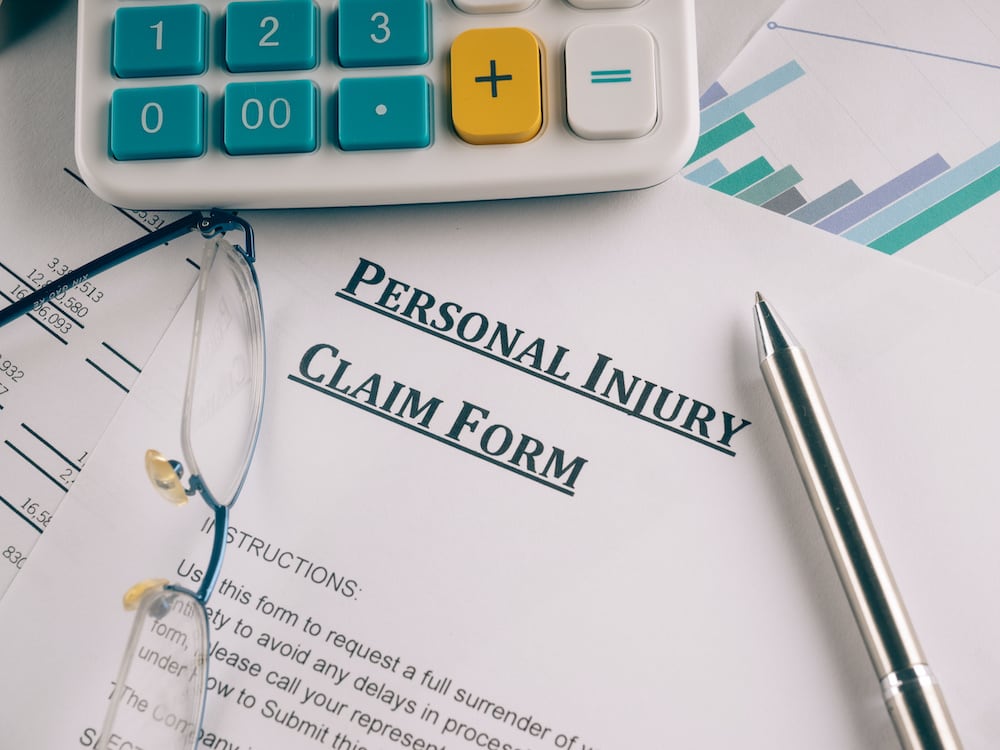
In New Jersey, property owners are legally obligated to take reasonable measures, such as fixing hazardous conditions on their premises, to prevent injuries to those who enter the property. Essentially, they must maintain a safe environment for those with an expressed or implicit invitation to enter their property. However, these obligations are even more significant when they have an attractive nuisance on their property. If your child has been injured due to an attractive nuisance, it is in your best interest to contact a trusted Monmouth County Premises Liability Lawyer who can help you understand your legal options. Please continue reading to learn what constitutes an attractive nuisance and how it can impact your injury claim.
What are attractive nuisances?
An attractive nuisance is a dangerous artificial condition on a property owner’s premises that may attract children onto the land and pose a significant risk to their safety. Children are naturally curious, making them more likely to explore their surroundings and experiment with different objects. As such, the attractive nuisance doctrine imposes a responsibility on property owners for allowing conditions that entice children to their property and fail to ensure their safety. An attractive nuisance is a condition on the land that is unnatural. Essentially, it has been added to the ground. The most common attractive nuisances on property owner’s land include:
- Swimming pools
- Trampolines
- Playgrounds
- Treehouses
- Fountains
- Paths and stairs
- Machinery (landscaping and construction equipment)
- Dangerous animals
An attractive nuisance is any artificial condition that would compel a child to trespass onto a property. Children do not comprehend the risks associated with engaging with attractive nuisances. As a result, property owners must exercise reasonable care to protect children from harm.
It is critical to note that property owners aren’t responsible for attractive nuisances that are not maintained, like ponds, lakes, cliffs, hills, carbon monoxide positioning, or smoke inhalation. However, they need to follow their local and state statutes to know what safety measures they should take to keep their property up to code and avoid liability, as every jurisdiction’s requirements differ. Courts also acknowledge that children have some awareness of specific hazards, such as sharp objects, fire, dangerous animals, and heights. Therefore, property owners aren’t responsible for apparent dangers.
Are children on your property trespassing in New Jersey?
Generally, property owners have a legal duty to exercise reasonable care towards invitees and licensees who fall under a specific category of guests. They must maintain a safe environment to prevent accidents and injuries. However, property owners are not obligated to ensure the safety of trespassers, individuals who enter a property without consent or permission. Under the law, minors receive special treatment. Property owners can be held liable if a child trespasses due to an attractive nuisance and gets injured. Children are not considered trespassers as they are entitled to the same protection as invitees. This is because children do not have the knowledge to understand that they may be trespassing.
If your child has been injured due to an attractive nuisance, contact a determined Monmouth County premises liability lawyer from Flacon Law Firm today. Our firm is prepared to help you fight to obtain the just compensation you deserve.



